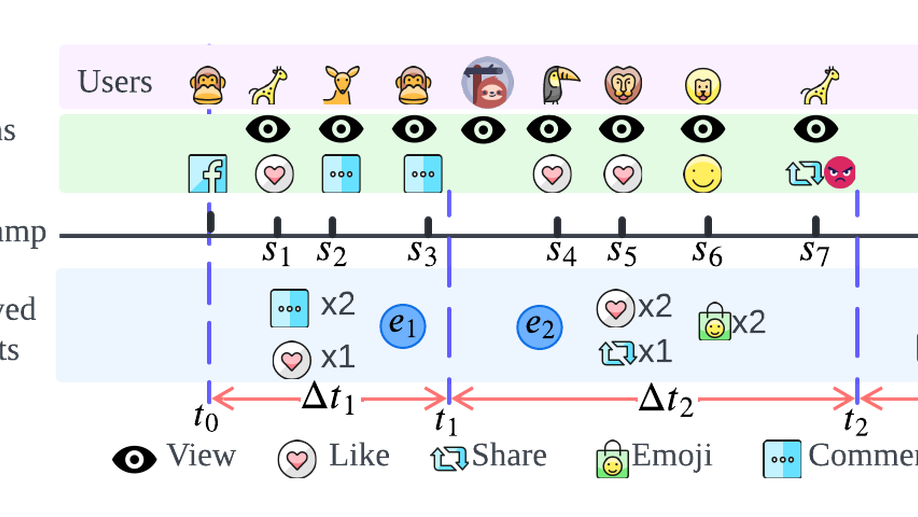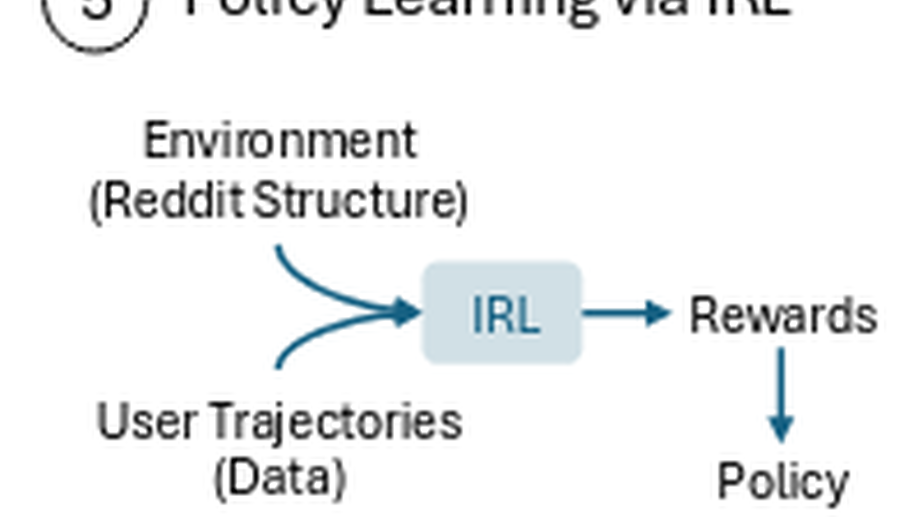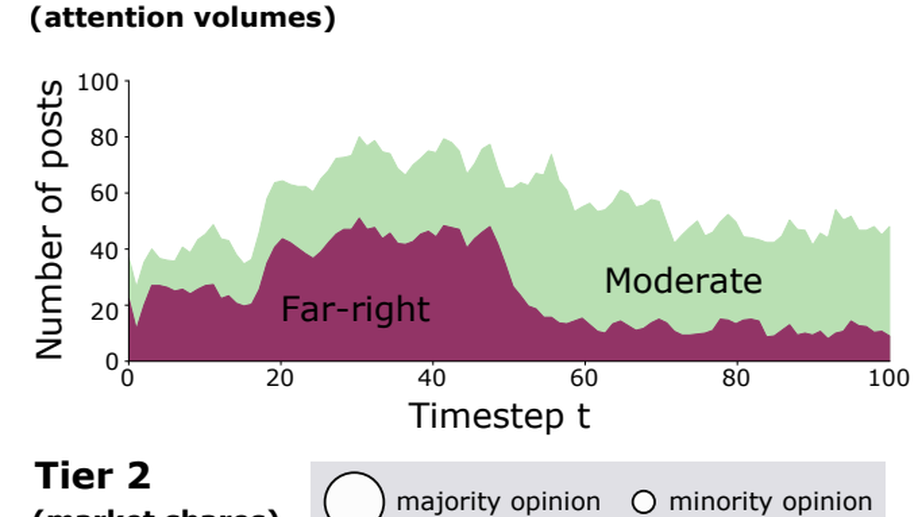Recent Posts

Before It's Too Late: A State Space Model for the Early Prediction of Misinformation and Disinformation Engagement
We present IC-Mamba, a state space model that that forecasts social media engagement by modeling intervalcensored data with integrated temporal embeddings.

Some Reddit users just love to disagree, new AI-powered troll-spotting algorithm finds
Our article from the The Conversation from our paper presented at WWW'25.

Opinion Market Model: Stemming Far-Right Opinion Spread using Positive Interventions
We introduce the Opinion Market Model (OMM) as a testbed to measure the impact of positive interventions on online opinion dynamics.